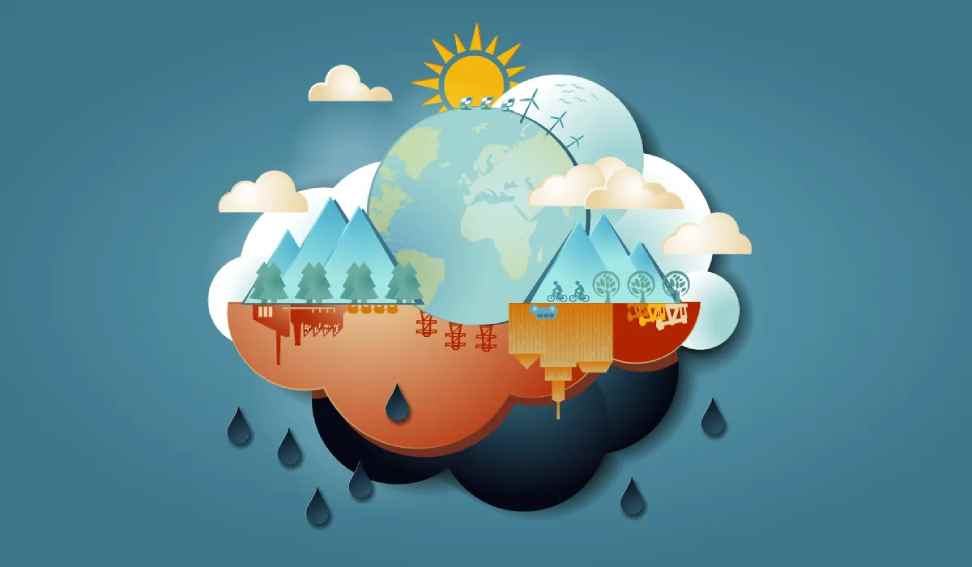11xplay Reddy Login, Betbhai9, T20exchange: Climate resilience refers to the capacity of a community or ecosystem to withstand and bounce back from the adverse impacts of climate change. It encompasses various strategies and measures put in place to enhance the ability of individuals, organizations, and systems to adapt to changing environmental conditions. Building climate resilience involves a multifaceted approach that includes strengthening infrastructure, implementing sustainable practices, and promoting community engagement.
In the face of escalating climate challenges, the concept of climate resilience has gained significant attention globally. It is recognized as a crucial component in ensuring the sustainability and well-being of both present and future generations. By fostering resilience at the individual, local, and global levels, societies can better prepare for and respond to the uncertainties and disruptions brought about by climate change.
Understanding Environmental Changes
Environmental changes are a prominent aspect of the ongoing climate crisis. The planet is experiencing shifts in temperature, weather patterns, sea levels, and ecosystems, all of which are interconnected and influenced by human activities. Understanding these changes is crucial for developing strategies to mitigate the environmental impacts and build resilience in the face of a changing climate.
Factors such as deforestation, greenhouse gas emissions, industrialization, and land-use changes contribute significantly to environmental changes. These human-induced factors are accelerating the rate at which the planet is warming and altering natural systems. By acknowledging the role that human activities play in driving environmental changes, we can work towards adopting sustainable practices and policies that promote climate resilience for current and future generations.
Factors Affecting Climate Resilience
Factors affecting climate resilience can vary greatly depending on various factors such as geographic location, socio-economic status, and access to resources. In many cases, communities facing poverty and lack of infrastructure are more vulnerable to the impacts of climate change, making it challenging to build resilience against extreme weather events and environmental changes.
Moreover, the level of preparedness and adaptation strategies implemented by governments and local authorities also play a crucial role in determining the resilience of a community. Adequate policies and investments in sustainable infrastructure, early warning systems, and community engagement can enhance the ability of societies to withstand and recover from climate-related disasters.
� Geographic location can significantly impact a community’s climate resilience
� Socio-economic status plays a crucial role in determining vulnerability to climate change impacts
� Access to resources, such as clean water and healthcare, can affect a community’s ability to adapt to environmental changes
� Poverty and lack of infrastructure often make communities more susceptible to extreme weather events
� Preparedness and adaptation strategies implemented by governments are essential for building resilience against climate-related disasters
What is climate resilience?
Climate resilience refers to the ability of a system or community to anticipate, prepare for, respond to, and recover from the impacts of climate change.
Why is understanding environmental changes important for climate resilience?
Bet365 ID, Play247 Online, Iceexchange: Understanding environmental changes allows us to better adapt and mitigate the impacts of climate change. By knowing the trends and patterns of change, we can develop strategies to build resilience.
What are some factors that can affect climate resilience?
Factors affecting climate resilience include access to resources, level of preparedness, infrastructure, governance, social cohesion, economic stability, and environmental sustainability.
How can individuals contribute to enhancing climate resilience?
Individuals can contribute to enhancing climate resilience by adopting sustainable practices, supporting policies that address climate change, participating in community resilience initiatives, and raising awareness about the importance of building resilience.
Is climate resilience only important for developing countries?
No, climate resilience is important for all countries, regardless of their level of development. Climate change impacts can affect everyone, and building resilience is crucial for all communities to adapt and thrive in a changing climate.

